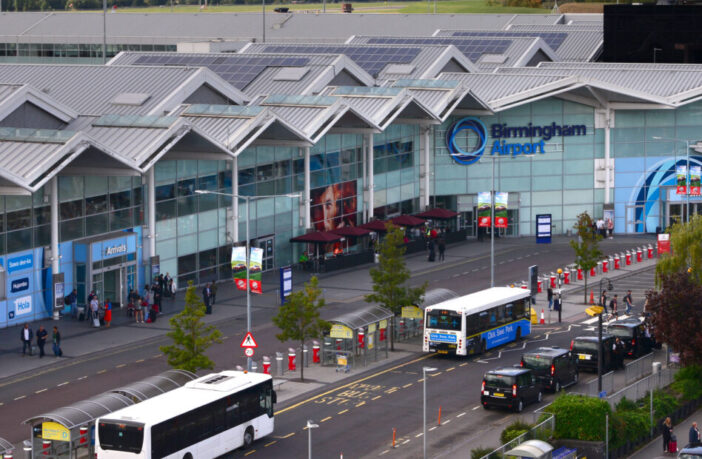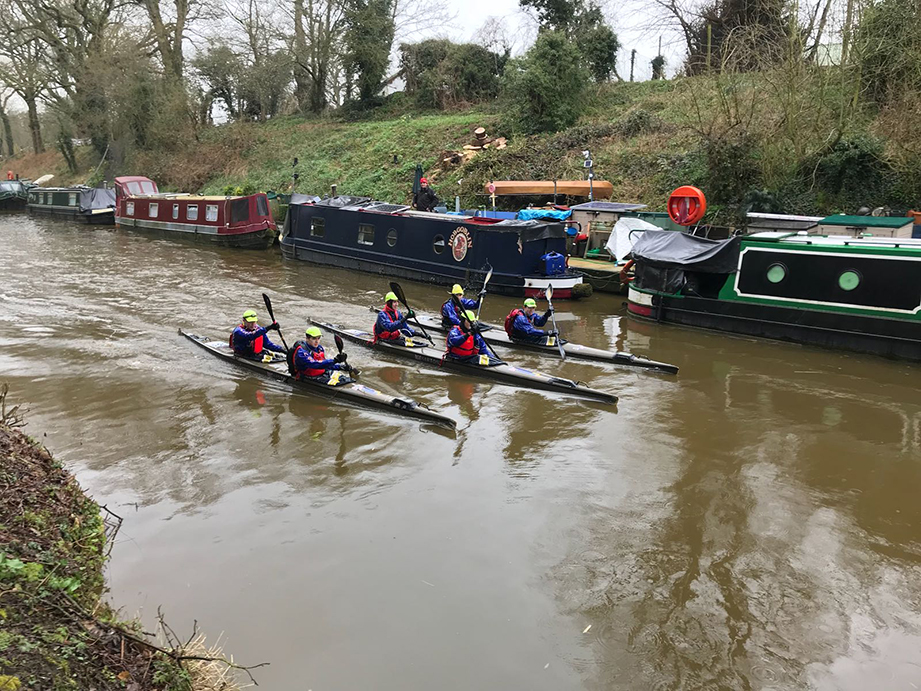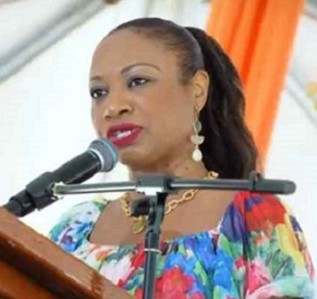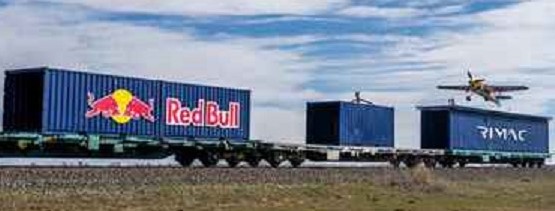A canoe race which sees people paddle 125 miles from Wiltshire to London is celebrating its 75th anniversary.
The annual Devizes to Westminster International Canoe Race is thought to be the longest non-stop canoe race in the world. Hundreds of people gathered at Devizes Wharf earlier for the start of the event which is held over four days.
"It's so challenging, it's considered to be the canoeists' Everest," said Keith Bennett, site controller.
The event, held every Easter, sees competitors travel down the Kennet and Avon Canal until it joins the River Thames at Reading, then on into the heart of London. Junior crews and singles race in stages over four days, while senior doubles crews take part in the non-stop race, which includes some running to negotiate numerous locks along the route.
Mr Bennett has been involved in the event for 35 years and is among more than 300 volunteers. "We've had Olympians take part. Sir Steve Redgrave took part and he didn't finish so that shows how tough it is," he said.
He said that recent heavy rain had led to flooding on the Thames which meant that this year juniors would have to stop at Reading and only the most experienced double crews would be allowed to take on the entire route.
"We're probably going to get about 350 paddlers. Normally we get 600-700 but some wait until the week before to see what the weather's going to be like and several have said the water is too high this year," he added.
The average non-stop finishing time is 25 hours, but elite competitors will be trying to beat the record of 15 hours 34 minutes set in 1979 by Brian Greenham. He is still involved in the event today and told paddlers to focus on the race, rather than going all out to break the record.
"We always had a philosophy of going out to win not to set the record, the record comes as a bonus”, he added.
"Too many crews in the past have tried to break the record, focused on that and fallen behind and got mentally tired. If you focus on winning and doing the best you can, the times will be better."
Sally Peake has also taken part in the race and is now in charge of timekeeping. "We keep an eye on the time and record exactly to the second,” she says.
“That's critical because after many hours of paddling it can go down to just a few seconds between the boats. Back in 1972 I got the opportunity to go down the course and I was thinking 'this was the most exciting thing I've done in my entire life' and 50 years later I'm still very much involved."











